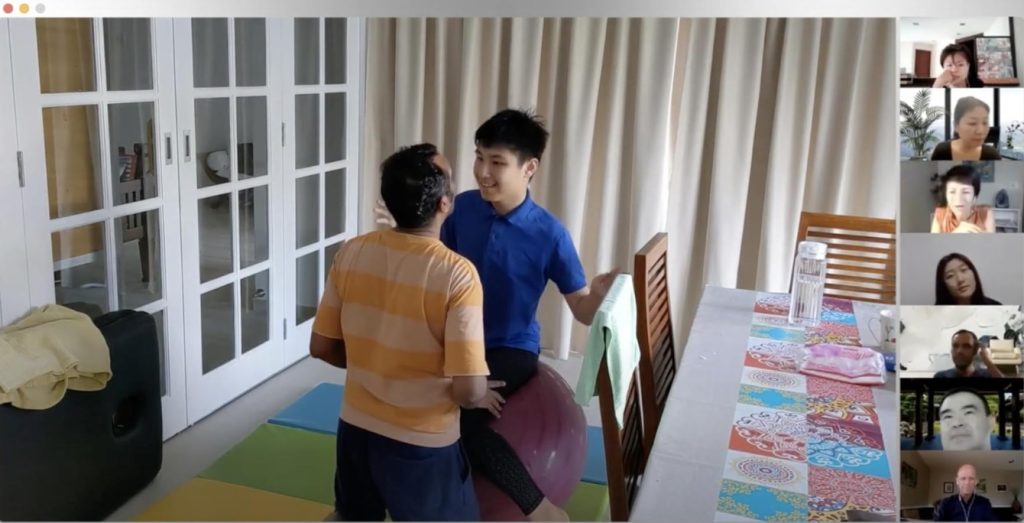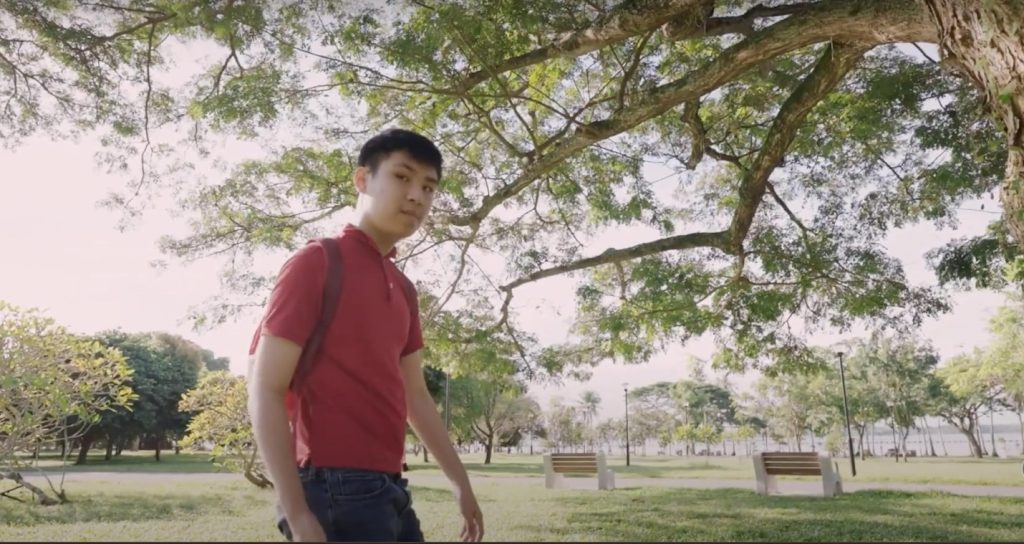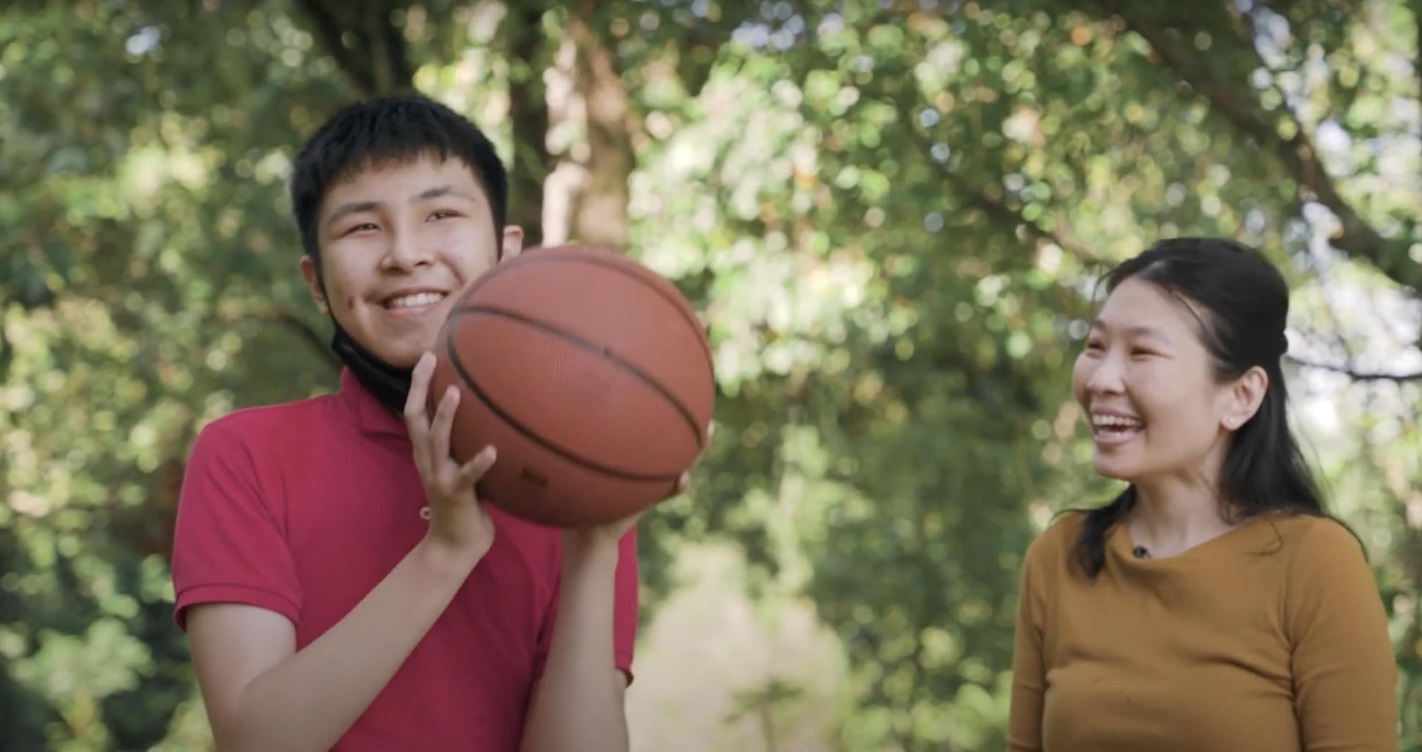Director: George Arif
Director of Photography: Enoch Shamayi
Screenplay: George Arif
Starring: Deibby Mamahit, Joshua, Gerd Winkler, Rita Gendelman
Editing by: Ibrahim Anwar
Synopsis:
Joshua Tree is a documentary that explores how the right caretaker and a strong support system can significantly transform the life of a child diagnosed with autism. It follows the journey of Joshua and his family over a six-month period as they work to build deeper connections, understanding, and trust.
Verdict:
Joshua Tree is a gentle but powerful reminder of how compassion can shape lives. It invites us to slow down, be present, and choose kindness, especially when the journey is tough. Watching Joshua’s transformation over time is both touching and inspiring. There were a few moments I wish we could’ve seen such as the footage of Joshua as a little kid, or more of his earlier interactions with his father and siblings. It would’ve added more depth to see how far those relationships have come. Still, what we do see here is warmth scenes with honesty.

Story & Themes:
Set in Singapore, the story follows Deibby, a former emergency physician and mother of four. Life took a different turn when two of her sons, Immanuel and Joshua were diagnosed with autism. Joshua’s condition affected his cortex more significantly requiring deeper emotional connection and support from the family.
Over a six-month journey, Joshua Tree captures the family’s effort to not just care for Joshua, but to truly connect with him. The aim is to become better facilitators and friends for Joshua to trust more and begin to express his needs and desires.
What sets apart is its focus, not on the technical side of autism care—but on the emotional landscape. Joshua Tree also reminds us that children with special needs often respond more to the feel of their environment than to structured interventions. When the caregiver feels calm, safe, and joyful, it opens a space where the child can begin to loosen the boundaries.

A key moment comes when Deibby reflects on her own absence from Joshua’s daily life, not in love, but in presence. That realization becomes a turning point. Through intentional time, shared effort, and community support, Joshua begins to eats peacefully at the table, no longer runs away from his father, starts communicating his needs more clearly and he holds deep, meaningful eye contacts, something he couldn’t do before.
By the end, the dynamic has shifted. It’s not about the family joining Joshua’s world anymore, it’s Joshua who’s learning to invite them into his.

The final image is subtle but says so much. Like the resilient Joshua Tree, Joshua himself becomes a grounding presence, the quiet center pulling his family closer together. He is no longer just someone to be cared for, but someone who gives back in the most profound way: by helping his family rediscover connection.
Lessons Learned:
• It truly takes a village to raise a child
• Vulnerability isn’t weakness, it’s the beginning of connection
• Presence matters more than perfection
Joshua Tree is one of those documentaries that doesn’t try to preach but ends up teaching so much, just by showing what love, patience, and showing up can do.
